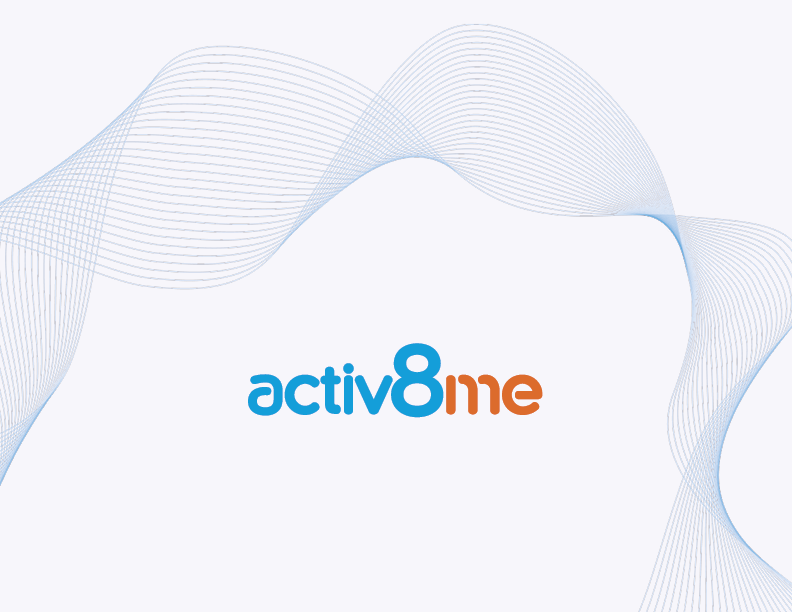The Millennium Development Goals (MDGs) of the United Nations are a series of international development goals aimed at making the world a better place. These goals focus on the different sectors and institutions of society namely education, health and women empowerment. How does a broadband internet provider fit into the global picture and affect these goals in the process?
Broadband internet technologies play a crucial role in the attainment of these goals. In terms of primary education, ICTs can be a way to address one of the barriers in achieving primary education, which is the lack of school teachers and infrastructures.
In remote areas where schools and teachers are very numbered (sometimes even non-existent), children who are at their learning age are denied of having primary education. They don’t go to school mainly because there is no school to go to. Education is a right and a means to gaining a high standard of living. Once a satellite internet connection becomes available in remote areas by a broadband internet provider, distance education and e-learning can be facilitated with ease. Regardless if kids are far away from schools or to the city where most schools are, there is no reason for them to skip their kindergarten to grade 7 years due to spatial limitations. Moreover, with broadband technologies, residents living in remote areas are not reduced to information receivers, but active participants in the information exchange chain.
Aside from the role of broadband technologies in education, it also has its place in terms of health. The millennium development goals that are concerned with health focus on reducing child mortality, improving maternal health and combatting diseases such as HIV/AIDS and malaria. The internet may not provide the actual tools required in assessing the physical condition of a patient, but its role enters when it comes to information dissemination.
It is crucial to stress the importance of information when it comes to health. Information alone has the potential to save lives and prevent avoidable pain and suffering. Information on health is present everywhere – in books, in various brochures, pamphlets and other forms of material where literature can be printed on. There may no problems with the amount of health information available, but the problem lies in its distribution.
Distribution of information is an aspect a broadband internet connection can help with. With the roll out of better and faster broadband connections such as fibre, wireless and satellite, the web now becomes the venue for easy access, retrieval and even sharing of appropriate and necessary health information. Aside from its latent potential to make distribution of information easy, broadband technologies can also pave the way for telemedicine and e-health. Like education, health services are mostly denied in remote areas where a medical professional or even a small clinic is not in sight. If a medical facility is not within reach, telemedicine and e-health should be of benefit to these areas. Through telemedicine, remote consultations can be facilitated. For the elderly and the sick who cannot afford to travel to the nearest hospital, virtual checkups and monitoring of health equipment that they use can be checked by their doctors. Through broadband technologies, e-doctors can file their patients’ medical histories, keep track of their current states of health and provide real-time treatments and assessment regardless of the distance between them and their patients.
With broadband internet providers now aligning themselves with the millennium development goals, we can truthfully say that there is more to it than just providing faster uploads and downloads. Aside from making our online experience better with faster speeds, it is important to recognise that the power of broadband can improve quality of life in more ways than one.
Blog
Speak with one of our Australian based Home Internet Experts today.
Call us on 13 22 88 Mon – Fri: 8am to 8pm AEST/AEDT (Vic time)Sat: 8am to 5pm AEST/AEDT (Vic time)




